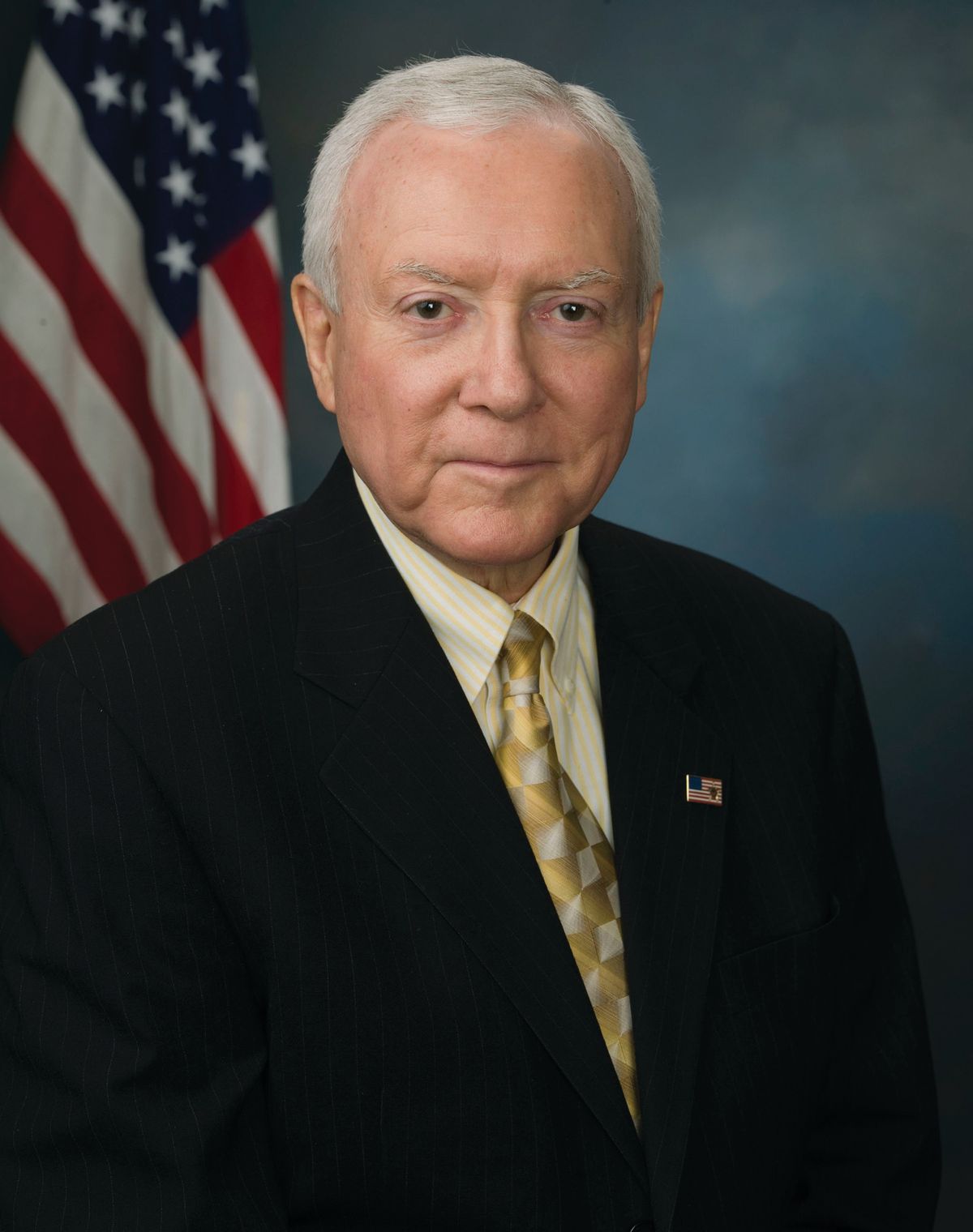News that the Senate Finance Committee is questioning the tax-exempt status of private museums has sent concerned murmurs through the Miami art world this week. The city is home to several of the US’s highest profile single-donor institutions. Committee chairman Senator Orrin Hatch has written to 11 US museums, including the Rubell Family Collection in Wynwood, requesting information on attendance, opening hours, trustees and grant-making activities.
The inquiry follows a New York Times report about the proliferation of private museums, several of which are close to collectors’ homes and earn them a hefty tax write-off. Hatch’s letter expresses concerns that a few institutions “offer minimal benefit to the public”.
“It is true that many of Miami’s private museums are empty or closed much of the year,” says Terence Riley, the first director of the Pérez Art Museum Miami. “But I don’t think that being open every day and having good attendance is the only sign of providing a public service.”
The collector Martin Margulies, who did not receive Hatch’s letter, notes that “every penny” of the admission price to his space, the Warehouse, “goes to a homeless centre for women and children”.
Some of south Florida’s privately owned spaces, including the De la Cruz Collection in Miami, which is free and open all year, and the Gallery at Windsor in Vero Beach, which is open by appointment, have opted not to register as public charities. “I didn’t see any reason to constrain what I do in order to comply with the requirements of being a 501c3 [not-for-profit company],” Carlos de la Cruz says.
Stephen Urice, a professor at the University of Miami School of Law, says that the inquiry is “a wake-up call to remind founders that their foundations exist for the public, not for them”. A spokeswoman for the Rubell Family Collection said the Rubells were unavailable for comment. A spokesman for Senator Hatch did not respond to a request for comment.


